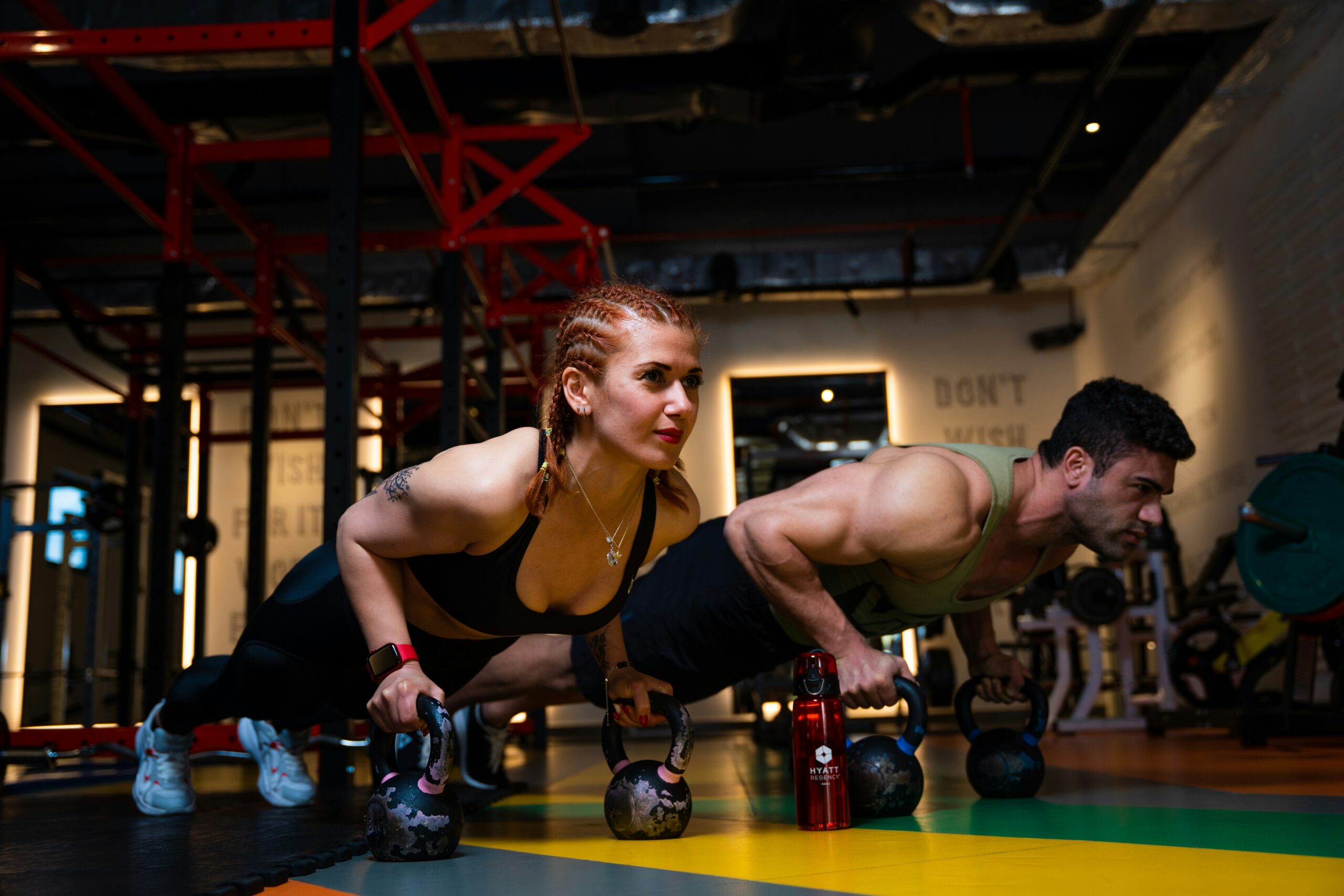WHY CARDIOVASCULAR FITNESS IS IMPORTANT FOR YOUR HEALTH?

Cardiovascular fitness is like a superhero for your body! It means your heart, lungs, and blood vessels work together to supply your muscles with oxygen during active moments, like when you walk, jog, or ride a bike. This helps you keep going during fun activities that make your heart beat faster, leaving you stronger and more energetic every day!
1. Why is it Important?
It is key for a happy, healthy life. It helps your body tackle challenges, stay resilient against sickness, and feel good. Regular exercise keeps your heart strong, supports your body’s defenses, and makes daily tasks easier. This lift is something everyone deserves, no matter their age!
2. Benefits of Cardiovascular Exercise
- Better Heart Health: A strong heart pumps blood easily.
- Lower Blood Pressure: Keeps blood vessels flexible and lowers pressure
- Better Blood Sugar Control: Muscles use sugar more efficiently, helping prevent diabetes.
- Improved Blood Flow: Better circulation means oxygen reaches organs faster.
- Healthier Cholesterol: Cardio increases good cholesterol and lowers the bad.
- Steady Heartbeat: Staying active helps maintain a regular heartbeat.
- Easier Breathing for Asthma: Cardio can help those with asthma breathe better.
- Pain Relief: Releases feel-good chemicals that reduce pain.
- Better Sleep: Helps you fall asleep faster and sleep better.
- Weight Control: Burns calories and supports a healthy weight.
- More Stamina: Builds endurance, making activities easier.
- Stronger Immune System: Regular cardio exercise helps fend off illness.
- Better Brain Power: Increases blood flow, aiding memory and thinking.
- Improved Mood: Cardio makes you feel happier.
- Fewer Falls: Improves balance and coordination to reduce fall risk.
- For Everyone: Most cardio activities need little to no equipment, so anyone can do them!
3. How Do You Measure Cardiovascular Endurance?
- VO2 Max Test: Measure your oxygen use during hard exercise.
- 12-Minute Run Test: Measure how far you can run in 12 minutes.
- Step Test: Check how quickly your heart rate returns to normal after stepping up and down a 12 inch platform
- Resting Heart Rate Test: Lower resting heart rate often equals better fitness.
4. How to Improve Cardiovascular Fitness?

To improve your fitness, get moving! Here are some fun exercises:
4.1 At-Home Exercises
- Jump Rope: Great for coordination! Start with 1-minute intervals.
- High-Knees: Like running in place but lifting your knees high—fun and effective!
- Mountain Climbers: An exciting way to elevate your heart rate.
- Dancing: Play your favorite songs and dance for 20-30 minutes!
- Stair Climbing: If you have stairs, going up and down is a fantastic workout.
- Burpees: A full-body exercise that’s a great cardio burst—try 10-15!
4.2 Gym Exercises
- Treadmill: Begin at a steady pace, then add some challenges!
- Stationary Bike: Pedal at a moderate level for 20-30 minutes.
- Elliptical Machine: A gentle way to raise your heart rate.
- Rowing Machine: Works your whole body and builds endurance.
- Stair Climber: Great for leg strength and stamina.
- HIIT Circuit: Short bursts of exercises like jumping jacks.
4.3 Outdoor Exercises
- Running or Jogging: Start with 10-15 minutes and gradually increase.
- Cycling: Take a bike ride, or add hills for a challenge!
- Swimming: A fun, full-body workout that’s easy on the joints.
- Hiking: Enjoy nature while building endurance.
- Outdoor Sports: Basketball, soccer, or tennis are great for cardio.
Also read an article on: Managing Type 2 Diabetes with Food and Fitness
5. What Happens When You Do Cardio?

When you exercise, your heart beats faster, and your lungs work harder to provide oxygen to your body. Over time, this strengthens your heart, increases your lung capacity, and gives you more energy!
6. Is Cardio Safe?
Yes! When done right, cardio is safe for most people. If you have health concerns, talk to a doctor before starting new activities.
7. Cardio and Pregnancy

Moderate cardio is usually safe during pregnancy. Activities like walking or swimming help maintain cardiovascular fitness without overdoing it. Moreover, this can also help women have healthier pregnancy and easy delivery!
8. How Long Should You Work Out?
Aim for 20-30 minutes of cardio five days a week. If you’re starting out, begin with shorter sessions and gradually increase.
9. How to Check Progress?
Track your heart rate, exercise duration, and how you feel. Improvements in strength, stamina, and recovery time mean your endurance is growing!
10. How to Know If You Are Overdoing It?
Feeling unusually tired, sore for too long, or losing motivation may be signs you’re overdoing it. Take a break or scale back to prevent burnout.
11. How to Stick to an Exercise Routine?
- Set clear goals
- Choose enjoyable activities
- Celebrate progress
- Work out with friends
- Join a class as it adds fun and motivation!
12. Dos and Don’ts
- Do: Warm up and cool down.
- Do: Stay hydrated.
- Don’t: Overexert yourself.
- Don’t: Skip rest days.
Conclusion
Cardiovascular fitness is key for a happy, healthy life. Regular cardio makes your heart strong, lifts your mood, and supports a healthy weight. With many enjoyable options, everyone can find activities they like. Get moving and have fun being active! Whether at home, in the gym, or outdoors, adding cardio to your life is a choice you’ll feel great about every day.
Also Read an Article on: Youth Fitness Exercise Helps Children Excel in School
FAQs
Q. How can I improve my cardio fitness?
A. To improve cardio fitness, start with low-intensity exercises like walking or jogging, then gradually increase the intensity. Incorporating activities like high-intensity interval training (HIIT) can also improve cardiovascular endurance effectively.
Q. What are the benefits of aerobic exercise?
A. Aerobic exercise strengthens the heart, improves lung function, enhances stamina, supports weight management, and reduces the risk of chronic conditions like heart disease and diabetes.
Q. How often should I do cardio for optimal results?
A. For general health, aim for at least 150 minutes of moderate-intensity cardio per week or 75 minutes of high-intensity cardio, spread out over several days. Adjust based on your fitness goals and any guidance from a healthcare professional.
Q. Can I do cardio every day?
A. Yes, but it’s best to vary the intensity. Mixing high, moderate, and low-intensity days prevents overuse injuries and keeps workouts balanced.
Q. Does cardio help with muscle building?
A. While cardio primarily improves heart and lung function, combining it with strength training can enhance muscle tone and endurance.
